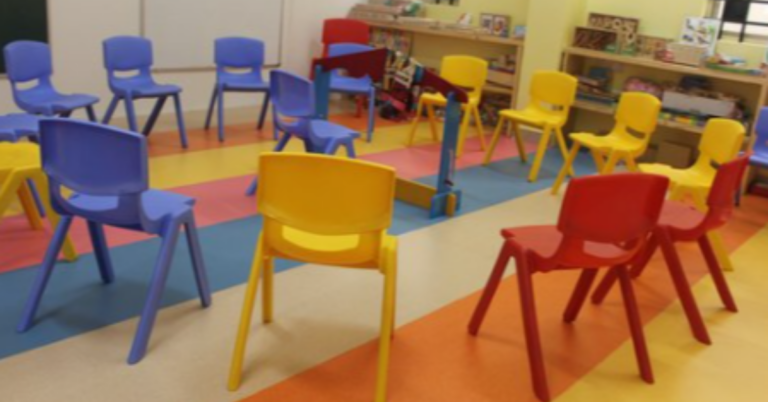The Role of Virtual Reality (VR), Augmented Reality (AR), Mixed Reality (MR), Immersive Technologies, Digital Heritage, Historical Education, and Cultural Preservation in Cultural Education at Summer Camps: Allpannel, Laserbook247 com, 247betbook
allpannel, laserbook247 com, 247betbook: Summer camps are a time-honored tradition for kids all around the world. They provide young people with the opportunity to learn new skills, make friends, and create lasting memories. In recent years, cultural education has become an increasingly important aspect of summer camps. With the rise of virtual reality (VR), augmented reality (AR), mixed reality (MR), immersive technologies, digital heritage, historical education, and cultural preservation, summer camps now have a unique opportunity to enhance the educational experience for campers.
**The Role of Virtual Reality (VR) in Cultural Education at Summer Camps**
Virtual reality (VR) technology allows campers to immerse themselves in a virtual environment that replicates real-world locations and historical events. By using VR headsets, campers can explore ancient civilizations, visit museums, and experience cultural landmarks from around the globe. This interactive and hands-on approach to learning enhances campers’ understanding of different cultures and fosters a sense of empathy and appreciation for diversity.
**Augmented Reality (AR) and Mixed Reality (MR) for Cultural Education**
Augmented reality (AR) and mixed reality (MR) technologies bring elements of the virtual world into the physical world, creating a unique blend of real and virtual experiences. Campers can use AR and MR apps to overlay digital information onto their surroundings, such as historical facts, 3D models of artifacts, and interactive storytelling. These technologies make learning fun and engaging, turning cultural education into a memorable and interactive experience.
**Immersive Technologies for Cultural Exploration**
Immersive technologies, such as 360-degree videos and virtual tours, allow campers to explore cultural sites and historical landmarks from the comfort of their campgrounds. With just a smartphone or a VR headset, campers can embark on virtual expeditions to far-off destinations, discover hidden treasures, and uncover the mysteries of the past. This form of digital exploration broadens campers’ horizons and fosters a lifelong love of learning.
**Digital Heritage and Historical Education**
Digital heritage projects digitize and preserve cultural artifacts, historical sites, and traditions for future generations to explore and enjoy. Summer camps can leverage these digital resources to introduce campers to the rich tapestry of human history and heritage. By engaging with digital archives, interactive exhibits, and educational games, campers can deepen their understanding of the world’s diverse cultures and gain a greater appreciation for the importance of historical preservation.
**Cultural Preservation and Education**
Cultural preservation efforts help safeguard unique traditions, languages, and art forms from extinction. Summer camps can play a vital role in promoting cultural preservation by incorporating hands-on activities, storytelling sessions, and interactive workshops into their programs. By actively engaging with cultural heritage, campers can become ambassadors for diversity, inclusivity, and cultural awareness in their communities and beyond.
**The Impact of Cultural Education at Summer Camps**
Cultural education at summer camps has a transformative impact on campers’ personal growth, academic success, and social development. By integrating virtual reality, augmented reality, mixed reality, immersive technologies, digital heritage, historical education, and cultural preservation into their programs, camps can inspire a lifelong love of learning, foster a sense of global citizenship, and empower young people to become agents of positive change in the world.
**FAQs**
1. How can summer camps incorporate virtual reality technology into their cultural education programs?
2. What are some examples of digital heritage projects that summer camps can utilize for educational purposes?
3. How do immersive technologies enhance campers’ understanding of different cultures and historical events?
4. What are the benefits of promoting cultural preservation and education at summer camps?
5. How can campers use augmented reality and mixed reality technologies to explore cultural sites and landmarks?
Cultural education lies at the heart of summer camps, connecting campers with the rich tapestry of human history, heritage, and diversity. By embracing virtual reality, augmented reality, mixed reality, immersive technologies, digital heritage, historical education, and cultural preservation, camps can provide campers with a truly immersive and unforgettable educational experience that will last a lifetime.







